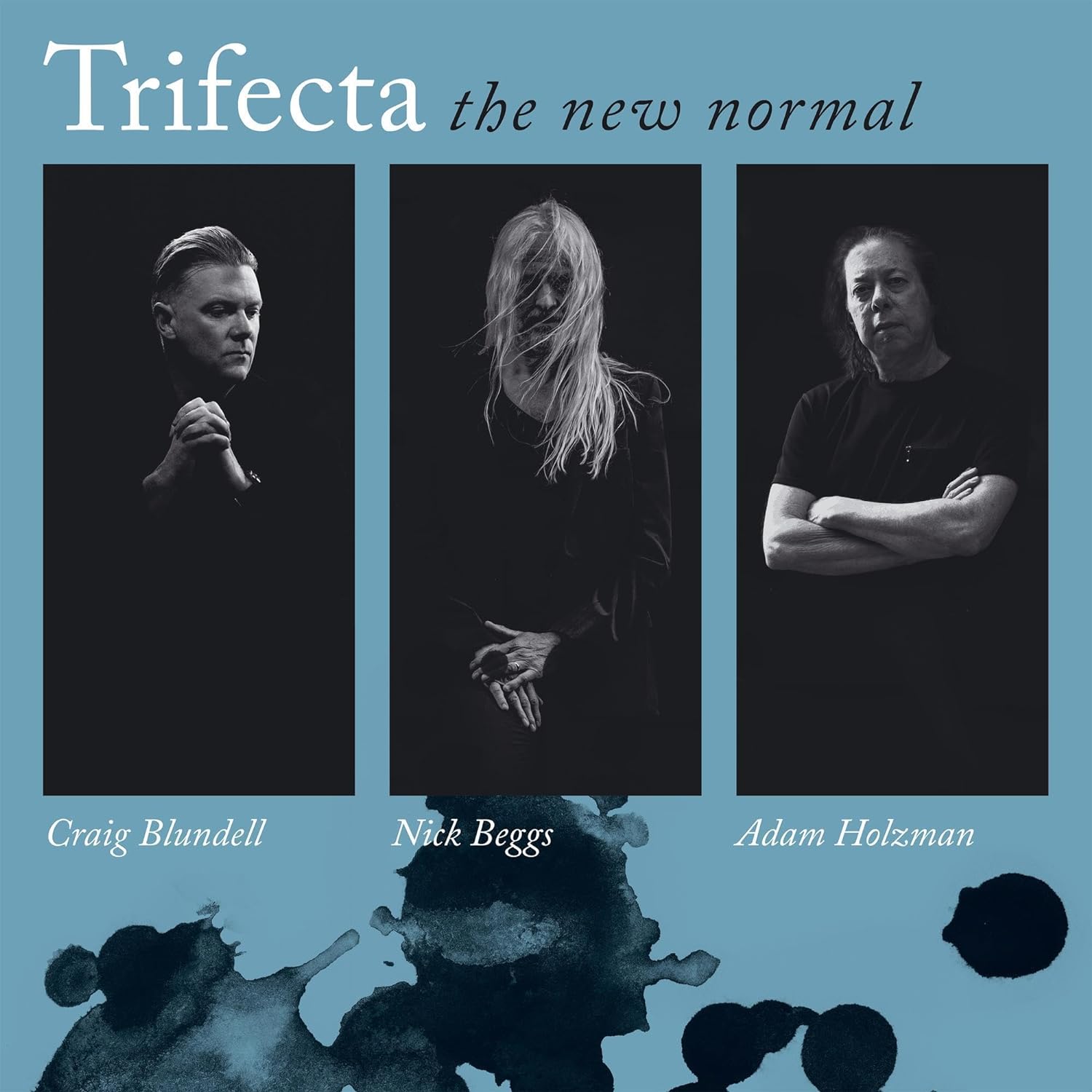
When you’re a band the size of Metallica, there is a fair argument that you just can’t win. Somewhat facetiously, you can already find “Metallica Album Comment Bingo” cards scattered across the net, underscoring the fact that, since the Black Album, Metallica have felt the full force of a fanbase (even now) unused to their heroes achieving such stellar success. This is not, of course, to suggest that Metallica are without flaws. Their post-Black Album output has been, shall we say, uneven; but it has not been without highlights either, something often overlooked as a result of the massive weight of expectation placed upon the band’s shoulders.
And so to 72 Seasons. Billed, as with every album since Reload, as a return to the band’s heavier roots (how many times need a band return before they simply continue?) it certainly is a dense album. However, it also suffers from the same sense of bloat that plagued both Load and Reload, clocking in at an immense, often draining 77 minutes. A lengthy runtime needs not necessarily be a problem, of course – there are plenty of double albums that clock in at around the 80-minute mark – but 72 Seasons simply does not have the dynamic to sustain such a length and the listener becomes numb to the sturm und drang of it all long before the final bars ring out.
It starts well, however. The opening title track has a nice, stabbing riff and a sense of urgency that gets the blood surging, even if James’ lyrics remain trapped in the single statement observations that have dominated since St Anger. Nevertheless, it’s nice to hear the band changing through the gears, shifting from hard thrash to mid-tempo groove and back with no small amount of skill, and it sets a taut pace for the album, albeit one from which the band do not deviate. Lars’ drums pave the way on Shadows Follow, his overly tight snare still defiantly high in the mix, and the overall vibe similar to that found across Death Magnetic. It’s a decent enough song, and it’s nice to hear Kirk giving his wah some serious stick, but (and this is a common problem across the album), it simply feels too long, with sections dragging. Say what you will about Bob Rock, he sure kept the band on point when it came to self-editing, and this is something very much lacking here. The third track appears to offer some variation, its classic-rock-themed introduction harking back to the hardest edges of Reload. However, it does not take long before the pace settles and the track, Screaming Suicide, returns to the medium-fast tempo that characterises the album. Another track with a Reload vibe in the introduction, Sleepwalk My Life Away sees guitars scarring a bass groove in the style of Devil’s Dance, but the track as a whole lacks that song’s insistent melody. Another self-referential moment, with its slow burning intro and industrial strength mid-tempo beat, You Must Burn aspires to the pulverising dynamic of Sad But True, but doesn’t quite achieve it, not least thanks to a disappointing chorus that simply fails to land. The first half of the album ends with its shortest song, the sub-four-minute single Lux Aeturna, a track that greatly benefits from its reigned-in runtime, which makes you wonder how the album as a whole might have been had it been ruthlessly pared back to the essentials.
With Lux Aeturna having provided something of a respite from the lengthier fare, the second half of the album is where 72 Seasons really starts to feel like a slog. While the crunchy intro to Crown Of Barbed Wire is decent enough, James even indulging his inner Alice-in-Chains-fanboy on the chorus, the militant Chasing Light heads straight back into the groove metal territory that hampered the album’s first half, sounding more like an off-cut from Death Magnetic than a new composition. Similarly, the initial promise of If Darkness Had A Son is squandered as the band let the intro run far longer than it deserves. Frustratingly, the opening bars of Too Far Gone? promise a bruising thrash song, only for the band to seek refuge in the safety of a slower tempo once again. The lyrics, meanwhile, for all that they reference the insidious nature of addiction, simply say nothing beyond the title itself and it’s disappointing to see James spitting out slogans where once he engaged in a lyricism redolent of the westerns he loves so well. With the end of the album in sight, the splenetic Room Of Mirrors has a harder edge to it and better delivery all round, but it’s very much a case of too little too late. It leaves the epic-length Inamorata to see things out and, while it has some cracking lead work, the track as a whole feels overwrought.
72 Seasons is a frustrating album. Hampered by a self-indulgence that sees the bulk of the songs expanded well beyond tolerance, the album is further stunted by Greg Fidelman’s faceless production. Broadly, you could argue that it’s a kind of Black Album-lite, but the problem is that that production specifically suited the predominantly short and punchy songs of which the album was comprised. Here, however, with the track-listing largely shorn of dynamic, it all just becomes a one-note blur, with little that is memorable. That’s not to say it’s entirely without merit. Draw almost any song off the album and you’ll surely enjoy it in its own right, but therein lies the problem – this is a largely competent selection of songs set in an ill-thought-out album, and it’s hard to imagine all but the hardened fan choosing to listen regularly. When you consider that even St Anger, for all the stick it gets, at least has the virtue of triggering a strong reaction, the biggest issue with 72 Seasons is that it is all so relentlessly adequate. Throughout, it sticks like glue to the template created on Death Magnetic, without a single calmer moment to break the surface, and the result is an album that feels more like a Metallica pastiche than a genuinely new album. 6/10










Leave a Reply